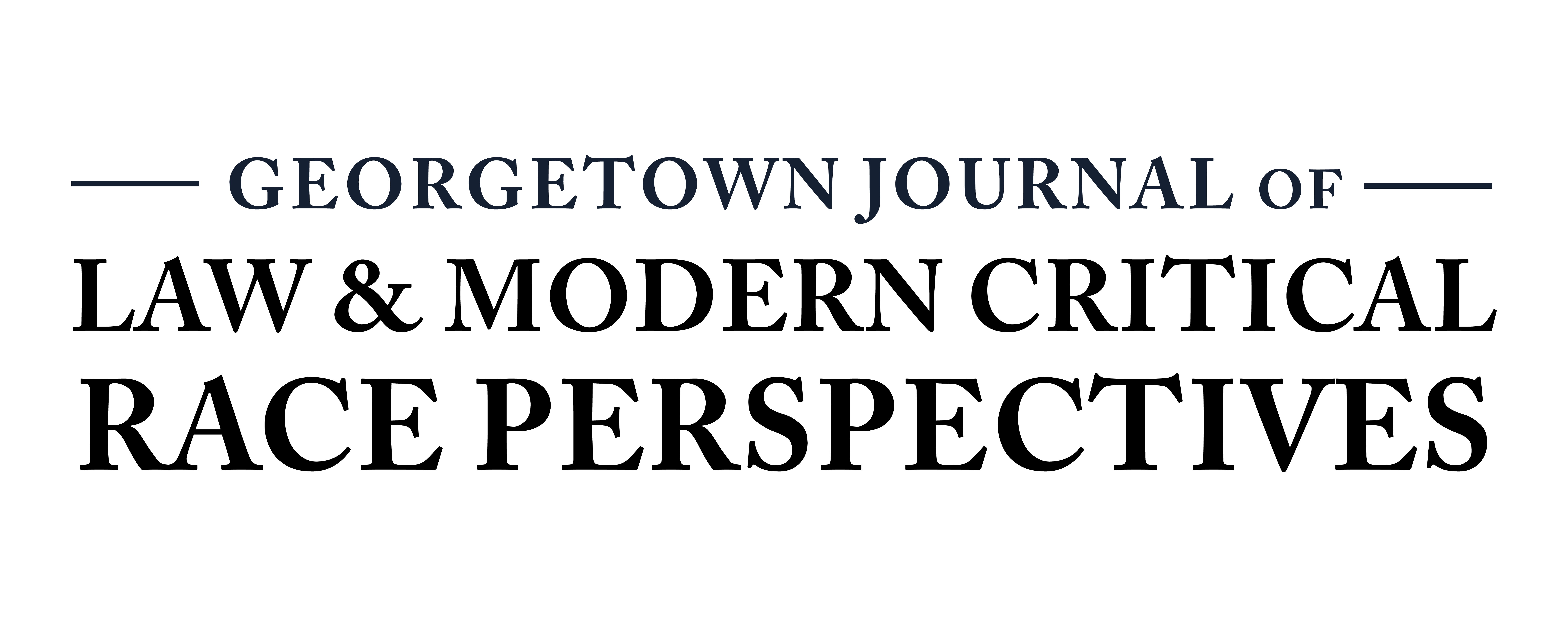More Than What Meets the Ear: Speech Transcription as a Barrier to Justice for African American Vernacular English Speakers
Language interpretation is an essential component of the American legal system. We pour over the text of the United States Constitution, analyzing its words in an attempt to capture the intent of the Framers with the hope that such scrutiny will lead to the most just result. Yet, we assign meaning to words and manipulate language without necessarily considering how the mechanics of language contribute to our understanding—for instance, how individual sound units alter the meaning of a particular phrase. For example, the phrases “take some cake” and “bake some cake” are identical except for just a single sound unit, yet the meanings of the phrases are quite different. Many of these meaning-bearing aspects of language become altered or eliminated when speech is transformed into writing. Footnote #1 content: See Anne Graffam Walker, Language at Work in the Law: The Customs, Conventions and Appellate Consequences of Court Reporting, in Language in the Judicial Process 203 (Judith N. Levi & Anne Graffam Walker eds., 1990). Key players in the legal system—judges, lawyers, and court reporters—are part of a “literate culture in which knowledge is equated with ‘facts and formations [that are] preserved in written records.’” Footnote #2 content: Id. at 209. Their reverence of the written word as the authentic record leads these professionals to often view language through a prescriptive lens; that is, they assign meaning to language based on what they believe is the proper way of speaking. These beliefs are almost always influenced by the standard English dialect, or “mainstream English,” which presents a problem when they are faced with dialects that do not conform to mainstream society’s idea of “proper English.” Footnote #3 content: Rosina Lippi-Green, Accent, Standard Language Ideology, and Discriminatory Pretext in the Courts, 23 Language Soc’y 163, 166 (1994).
In June of 2019, a linguistic study, “Testifying While Black,” addressed this particular dilemma as it applies to court reporters’ transcriptions of African American Vernacular English. Footnote #4 content: Taylor Jones et al., Testifying While Black: An Experimental Study of Court Reporter Accuracy in Transcription of African American English, 95 Language e216, e217 (2019). African American Vernacular English (“AAVE”), also known as African American English or Black English, is “a dialect that is spoken casually between most Black Americans.” Footnote #5 content: Sally Lee, English in Black and White, Colum. Mag., 2017, at 62 (quoting John McWhorter on the definition of Black English). In order to assess knowledge of the dialect in Philadelphia, the linguists tasked court reporters with listening to colloquial speech with representative features of AAVE. The study returned startling results, both in the transcriptions of what the reporters thought they heard and their interpretation of phrases common to the dialect, demonstrating that the court reporters were certainly not achieving the ninety-five percent transcription accuracy required by court reporting education programs. Footnote #6 content: Jones et al., supra note 4, at e217. Because it is indisputable that the American legal system gives significant weight to the written word, it is particularly concerning that those “facts and formations” that are preserved in the record could contain inaccuracies that have detrimental effects on a case.
A court reporter’s failure to accurately transcribe African American Vernacular English can violate a person’s right to due process under the Fifth and Fourteenth Amendments because such transcription errors deny a person the ability to have an adequate transcript for meaningful appellate review. Footnote #7 content: See Griffin v. Illinois, 351 U.S. 12, 18-19 (1956). Additionally, these mistakes risk impeaching a witness’s credibility and perpetuate implicit biases towards an al-ready disadvantaged demographic.
Part I of this Note will provide an overview of African American Vernacular English and the history of prejudicial linguistic bias towards the dialect in the criminal justice system. Part II will discuss what court reporting entails and the significance of providing a verbatim record. Part III will demonstrate how transcription errors revealed in the “Testifying While Black” study may impact one’s right to due process under the law, discussing cases in which language interpretation has been a point of contention and how misunderstandings are indicative of the larger issue of implicit language bias. Part IV will suggest potential solutions to transcription error caused by linguistic bias, such as mandatory implicit bias training in the courtroom, competency testing of common dialects, and more studies regarding minority languages and dialects in the judicial context.
Continue Reading More Than What Meets the Ear
Read Reaction to More Than What Meets the Ear by Rujuta Nandgaonkar
Subscribe to MCRP
